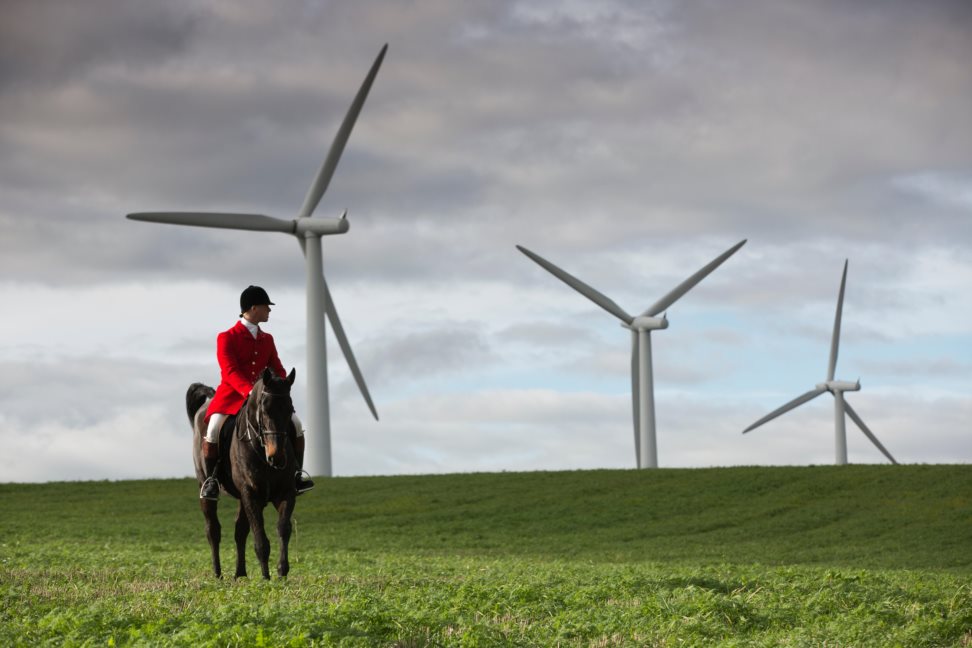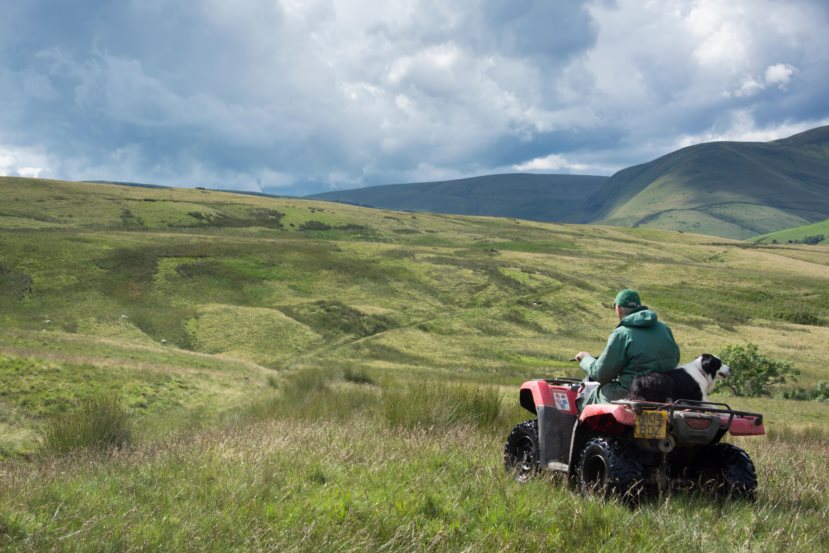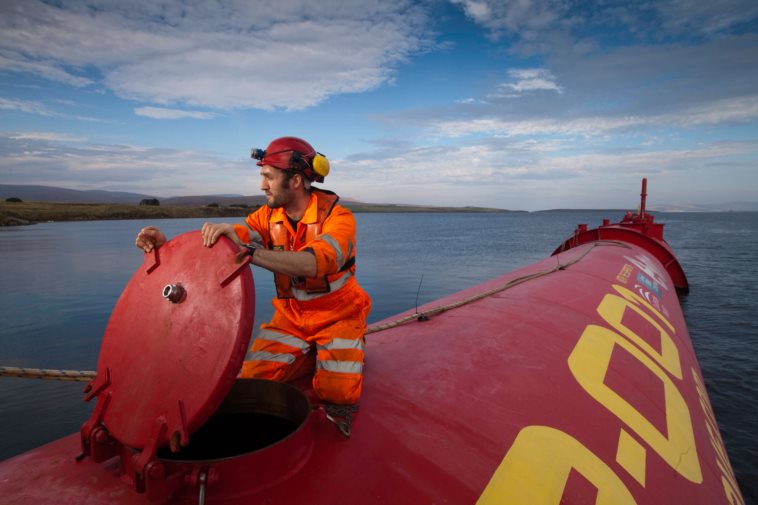Commoning our way through the climate crisis
. Addressing the deep rooted inequality from the fossil fuel economy we need to design the new green economy around shared access & ownership.
aGENCY
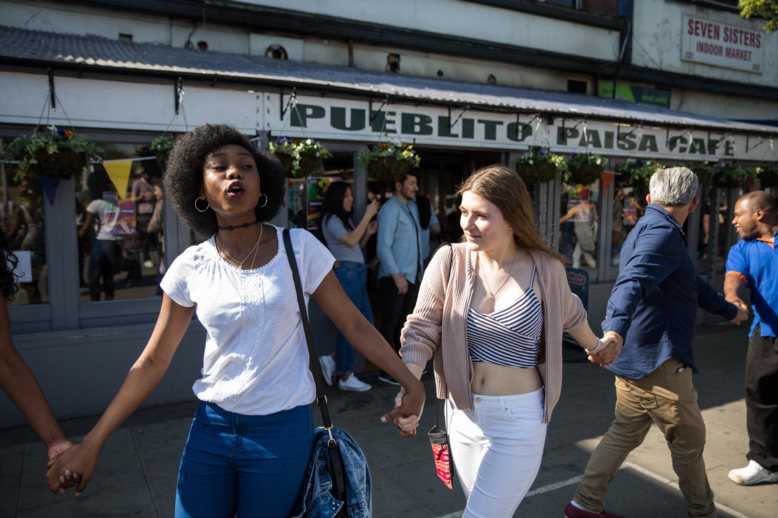
We see the need for a rapid transition to address climate change as an opportunity to reimagine our communities as more united, resilient, greener, healthier and less polluted.
Involving communities in this process accelerates action by:
· Bringing people together to collectively define common visions for their locality
· Ensuring all those in a community have a say over the transition, not just the most politically engaged
· Moving people from concern and paralysis to agency and action
· Identifying the community led initiatives that can start or grow without external support
rEADiNESS
Communities and individuals need to be ready for the societal changes required across all areas of our lives – how we eat, travel and live. They need to steer how this happens, not be told what to do.
Involving people in decision making guides the transition in ways that are based on local insight and focus on what we value in our communities. Bringing people together at a community level is a key way to improve local resilience.
· Communities can take control of their own local assets in energy, heat and food
· Communities need processes to understand the risks, to better anticipate and adapt to the changes required.
· Communities need to be inspired and supported to create change on their own terms.
· Local action can create a sense of meaning and purpose, overcoming loneliness by bringing people together in new ways
mANDATE
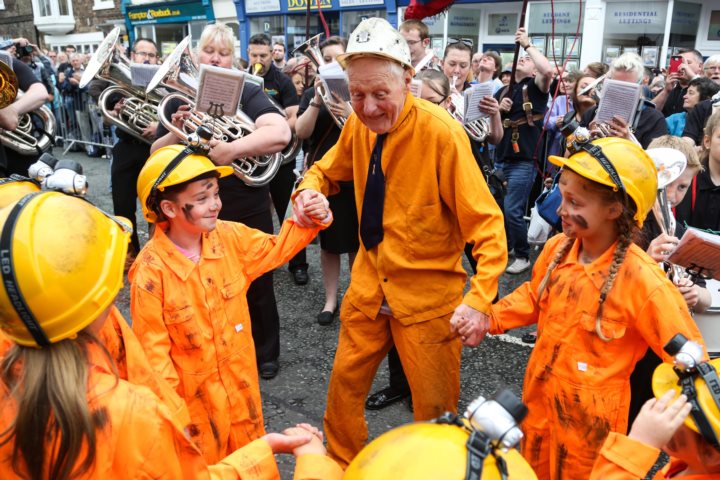
The policy context may be set in Westminster, but every MP has to be rooted in their communities. It is the people who elect the and from whom they derive their ultimate legitimacy.
Communities that strengthen their citizenship create political space and pressure for climate solutions.
Communities that create and amplify networks of new voices across the socioeconomic, political and geographic spectrum create deeper political pressure.
Communities that demonstrate ambitious action, not at an individual level, but at a local, collective level show Westminster what is possible.
"To date, much of the success in reducing UK emissions has been invisible to the public…reaching net-zero emissions will require more involvement from people" - Committee on Climate Change .
What we do
Explore
We are learning about the role that commoning can play in moving us through the climate crisis in a way that ensures we do not recreate the inequalities of the past system in the new one.
Amplify
While the commoning is an ancient tradition, knowledge of this mode of acting is not yet widespread. It feeds our collaborative instincts that are often suppressed. We will bring the knowledge of this way of being to the wider public.
Policy Work
Commoning generally starts where people are with what they have. Governments can play a part in facilitating these relationships between people and their resources to flourish. These solutions would meet government objectives but government needs help in designing, or undesigning its interventions.
Do
We are learning to be practitioners of commoning both in our communities and supporting others to learn how to relate to their needs and resources where they are.
Recent Projects and Publications
Citizen assemblies and Juries
– A People Powered Response to the Climate Crisis; a toolkit for delivering citizen assemblies and juries, written with Peter Bryant, supported by PCAN
– Research on the local and national climate assemblies in UK and France, due to be published in March 2021, with CAST team and European Climate Foundation
Commons Framework for Climate Action
1. Research and recommendations on the potential for community action on climate with IPPR’s Environmental Justice Commission for the Local Trust; Publication date March 2021
Engagement
1. Lucy Stone regularly runs workshops with non-environmental organisations to develop climate engagement programmes: Currently supporting You Make It, Citizens UK and Groundwork.
2. Lucy Stone is working with film makers to develop a range of climate stories in different formats for mainstream tv.
Justice In Transition
London: A just transition city
This report sets out the learnings and asks of the listening campaign, which connected with 706 Londoners from across a range of school, non-profits and faith institutions. Each were invited to discuss which issues mattered most to them and, crucially, where they wanted to see action by the next mayor of London.
We need to talk about ownership
As we work to manage the decline of the fossil fuel industries and transition to societies living within the ecological boundaries, we need to confront our assumptions of who manages and controls the resources on which we all depend. Without this reassessment, not only are we in danger of recreating the deep inequalities of a highly extractive and exploitative industrial system, but we miss the opportunity to rapidly accelerate action by bringing everyone into that system.
Who we are:
Lucy Stone – climate writer and strategist, based in the West Country. On the board of a community energy organisation, working with climate philanthropy and Our Common Climate.
Gustavo Montes de Oca – social entrepreneur and writer, researching and writing about commoning and climate.
We are supported by a wide network of researchers, thinkers, and campaigners who collaborate on specific projects:
Professor Rebecca Willis, Claire Mellier-Wilson, IPPR, Local Trust, CAST, Citizens UK and many more!

